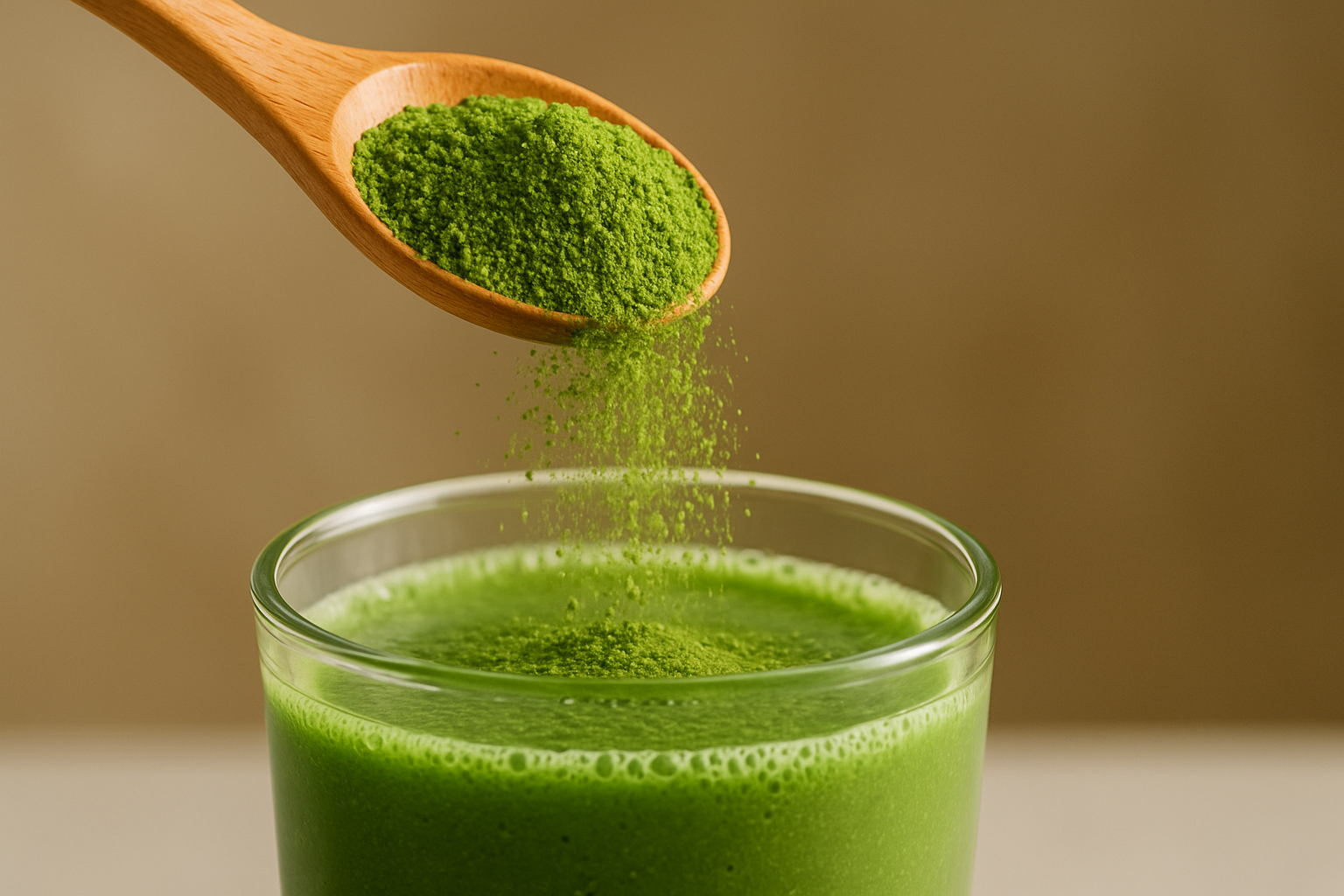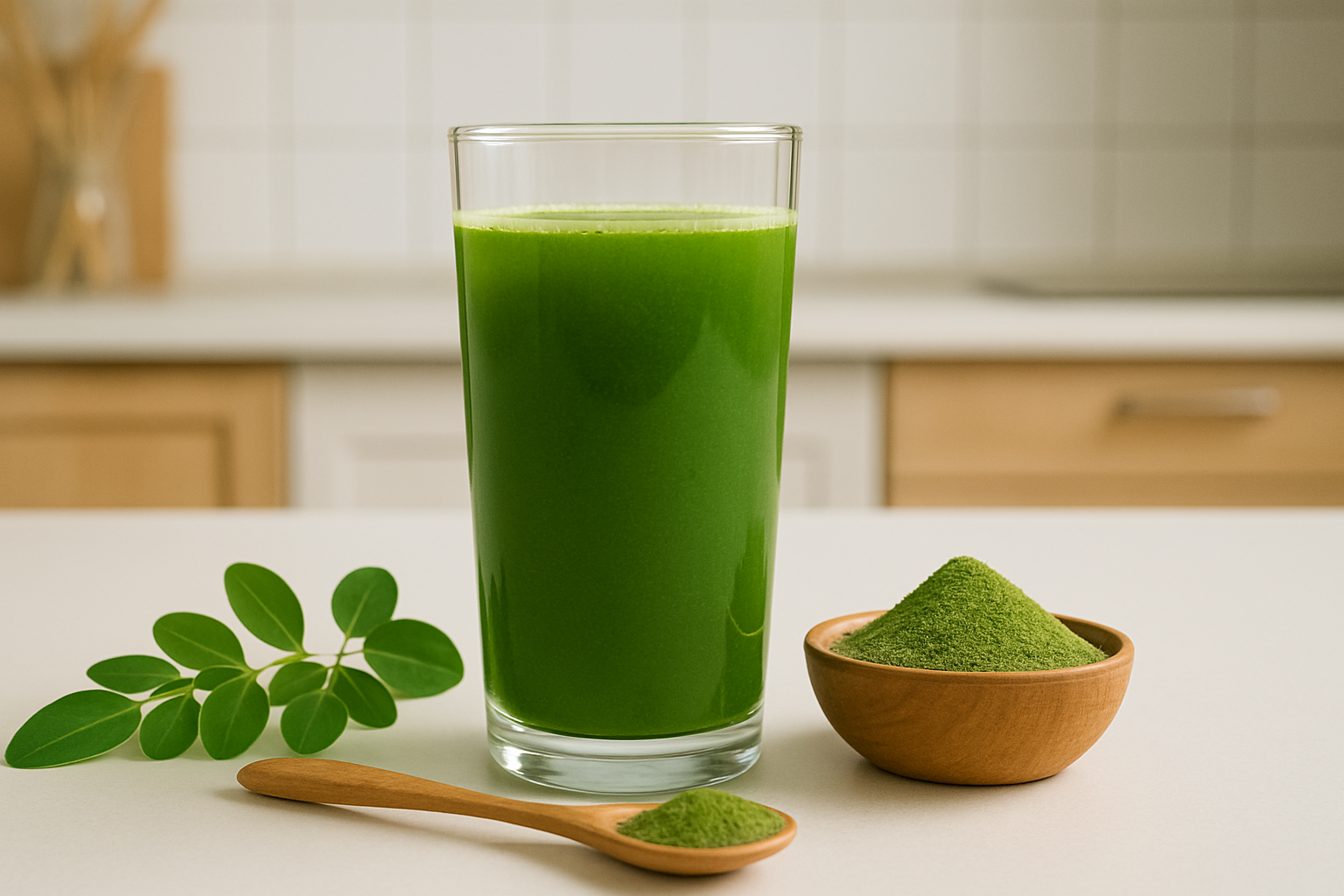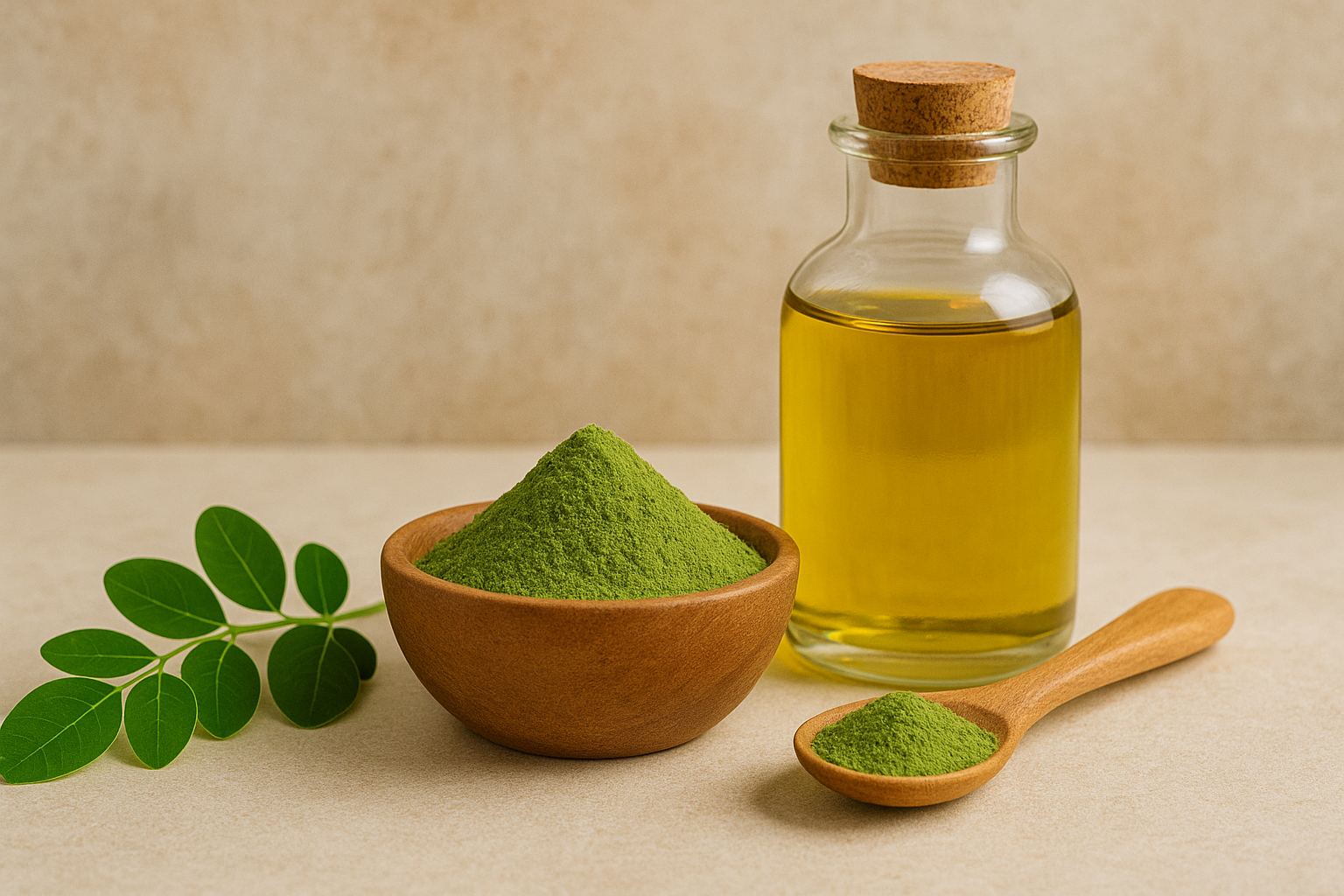
Who Should Not Take Moringa?
Moringa has earned its place in the world of natural superfoods, praised for its rich nutrient profile and numerous health benefits. While many people enjoy positive effects from daily use, it's important to recognize that not everyone may benefit from taking Moringa—especially when underlying health conditions or certain medications are involved.
Just because something is natural doesn't mean it's universally safe. Moringa, though powerful, may pose risks for certain individuals. This blog explores who should avoid Moringa and why, helping you make informed decisions before adding it to your health routine.
Why Some People Should Avoid Moringa
Although Moringa is packed with vitamins, minerals, and antioxidants, certain individuals may experience negative effects due to its potency. Some of the bioactive compounds that make Moringa beneficial for many can interfere with specific health conditions or medications.
It's essential to understand that Moringa acts like a natural pharmaceutical—it can stimulate, lower, or enhance bodily functions. For this reason, people with sensitive systems, chronic illnesses, or who are on medication should approach it with caution and always seek medical advice first.
Moringa and Pregnancy: A Cautionary Note
Pregnant women should be particularly cautious when it comes to Moringa. Certain parts of the plant—especially the root, bark, and flowers—contain compounds that may cause uterine contractions, potentially leading to miscarriage or premature labor. This risk is especially high during the first and second trimesters.
Although Moringa leaves are generally considered safer (and no physical correlation to risk) than other parts of the plant, it's still recommended that pregnant women avoid it entirely unless under medical supervision, or use in low dosage. Because of its potency, Moringa should only be introduced during pregnancy if a doctor confirms it's appropriate for the individual’s condition.
Also read: Is Moringa Good For Diabetes?
Who Should Not Take Moringa
People falling into one of the categories below should always consult with a doctor first before consuming Moringa:
- Breastfeeding Mothers
- People on Blood Pressure or Diabetes Medication
- People with Thyroid Conditions and Hormonal Sensitivity
- Individuals with Kidney or Liver Conditions
- Children and Toddlers
1. Breastfeeding Mothers: Proceed with Care
There is limited scientific research on the effects of Moringa during lactation. While some traditional medicine practices suggest Moringa may help boost milk supply, the safety and long-term effects on both mother and baby are not fully understood. It’s better to err on the side of caution.
If you're breastfeeding and considering taking Moringa, consult your healthcare provider first. Since the plant contains potent nutrients and plant compounds, it’s crucial to understand how it might affect your baby’s digestion or immune system during such a sensitive developmental phase.
2. People on Blood Pressure or Diabetes Medication
One of Moringa’s well-known benefits is its ability to naturally lower blood sugar and blood pressure. However, for individuals already taking medication for hypertension or diabetes, this can lead to dangerously low levels of either. Hypoglycemia and hypotension are serious conditions that can result from compounding effects.
If you're on medication for either of these conditions, taking Moringa without supervision could potentially enhance the drug's effects beyond a safe threshold. Always speak with a doctor before combining Moringa with prescription medication to avoid adverse reactions.
3. Thyroid Conditions and Hormonal Sensitivity
Moringa contains certain plant compounds that may influence hormone production, which could be problematic for people with thyroid disorders. For individuals with hypothyroidism or hyperthyroidism, introducing Moringa into the system could potentially disrupt the hormonal balance further.
Although many people use Moringa for hormonal support, those with diagnosed endocrine conditions must proceed with caution. It's critical to track thyroid function while using any natural supplement that has the potential to affect glandular activity.
4. Individuals with Kidney or Liver Conditions
Because Moringa supports detoxification, it can place additional strain on the liver and kidneys—especially in individuals with compromised organ function. For those with existing liver or kidney issues, the plant’s potent properties might do more harm than good.
In large doses, Moringa can increase the level of oxalates in the body, which may lead to kidney stones or worsen renal problems. If you have a history of kidney or liver disease, consult your doctor before adding Moringa to your diet.
5. Children and Toddlers: Not Always Safe
While Moringa is often marketed as safe and nutritious, it may not be suitable for young children or toddlers. Their developing systems are more sensitive to potent nutrients and concentrated compounds, which can lead to digestive upset or nutrient imbalances if not monitored carefully.
Unless prescribed by a pediatrician, Moringa should not be included in the diets of children under the age of three. It's always best to use age-appropriate nutrition and avoid concentrated plant supplements in very young children unless medically approved.
Want to experience these benefits? Try our Moringa Tablets or Organic Moringa Powder
Allergic Reactions: Rare But Possible
Although uncommon, some individuals may experience allergic reactions to Moringa. Symptoms may include skin rashes, swelling, itching, or difficulty breathing. If you’ve never consumed Moringa before, it’s wise to begin with a very small dose and monitor your body’s response.
If an allergy is suspected, discontinue use immediately and seek medical advice. Even though Moringa is natural, people can still have sensitivities or allergies to plant-based compounds—just as with nuts, pollen, or herbs.
Learn more about the specific benefits of Moringa for men and women below:
Drug Interactions to Watch Out For
Moringa has the potential to interact with various medications, including anticoagulants (blood thinners), thyroid medications, and antihypertensives. These interactions may amplify or reduce the effects of your prescribed drugs, leading to imbalances in the body’s function or metabolism.
If you're on long-term or chronic medication, it’s crucial to discuss the introduction of Moringa with your doctor. They may need to adjust your medication dosage or monitor your health more closely during the transition.
Also read: What Happens When You Take Moringa Every Day?
Always Consult a Professional First
Supplements like Moringa may seem harmless due to their natural origins, but they can have potent effects—both good and bad. That's why it's important to treat them with the same level of caution and respect as pharmaceutical products.
Before taking Moringa, especially if you fall into any of the above categories, speak with a qualified healthcare professional. A well-informed decision ensures your health remains protected while you explore natural wellness options.
At Moringa Utopia, we offer organically grown, farm-to-bottle Moringa products to help you experience the full potential of this amazing plant—every day.


